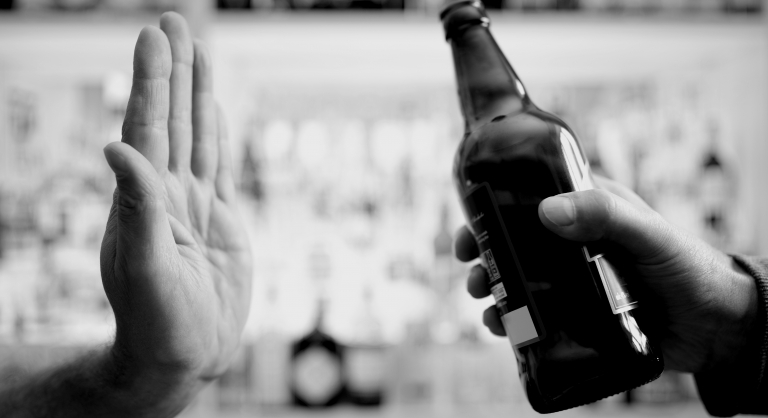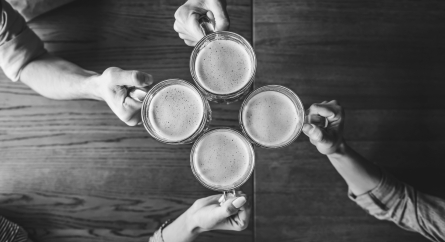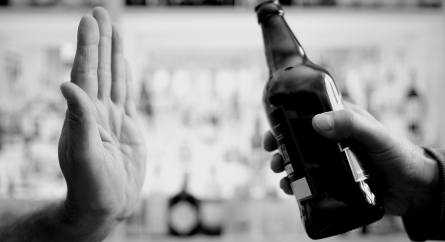Marijuana Legalization Sparks Debate on Brewers’ Responsibilities
With recreational marijuana now legal in Massachusetts, many brewers are wondering whether they will be at increased risk of liability for the acts of patrons who have sampled both beer and cannabis products in the same evening. As with many things in the law, it’s a mixed bag. The good news is that the baseline standard for liability has not changed: a brewer may be liable in a negligence lawsuit if the brewer sold alcohol to an “intoxicated” person and that person then caused some kind of personal harm or property damage. The bad news is that the intoxicating effects of legalized marijuana add another factor for taproom staff to take into account when deciding whether to serve (or cut off) a patron. But there are some things a brewer can do to minimize the liability risk.
The first, and most important, is to train staff on the signs of intoxication, including from marijuana and other drugs. Part of that training should include ways to recognize cannabis products: a patron who is sitting at a table with a package of edibles in plain sight is most likely mixing experiences (and certainly breaking the law: marijuana is legal for in-home consumption only, not in public). Staff should also be trained to err on the side of caution and should remember: the standard is whether the customer appears intoxicated, not whether the customer has been served enough to reasonably cause them to be intoxicated. In this way, the challenge is much like that imposed by the potential mixing of alcohol and prescription medication: a patron may become obviously intoxicated after only one drink, and the reason why becomes irrelevant. What remains relevant is that from that point on, that customer should not be served.
A brewer can also post signs warning patrons not to mix alcohol with marijuana (i.e., don’t drink our beer if you have already consumed cannabis products). Additionally, signage can warn patrons that consumption of cannabis product is prohibited on the brewers’ premises.
Finally, brewers should monitor their property if cannabis use is a potential (for example, if the taproom is close to a dispensary). Again, it remains unlawful to consume cannabis in public, and an occasional scan of the parking lot may help a brewer identify persons who may not be aware of (or are ignoring) that aspect of the law. Such persons can then be denied access to (or service in) the taproom.
While, of course, these tips cannot eliminate the risks of patrons mixing cannabis products and alcohol, they can go a long way in helping brewers minimize the chances of being embroiled in a lawsuit down the road.
This blog post was reprinted with permission of the Massachusetts Brewers Guild. You can read the post on the MBG site here.
Categorized: Policies
Tagged In: brewers, marijuana, recreational marijuana








